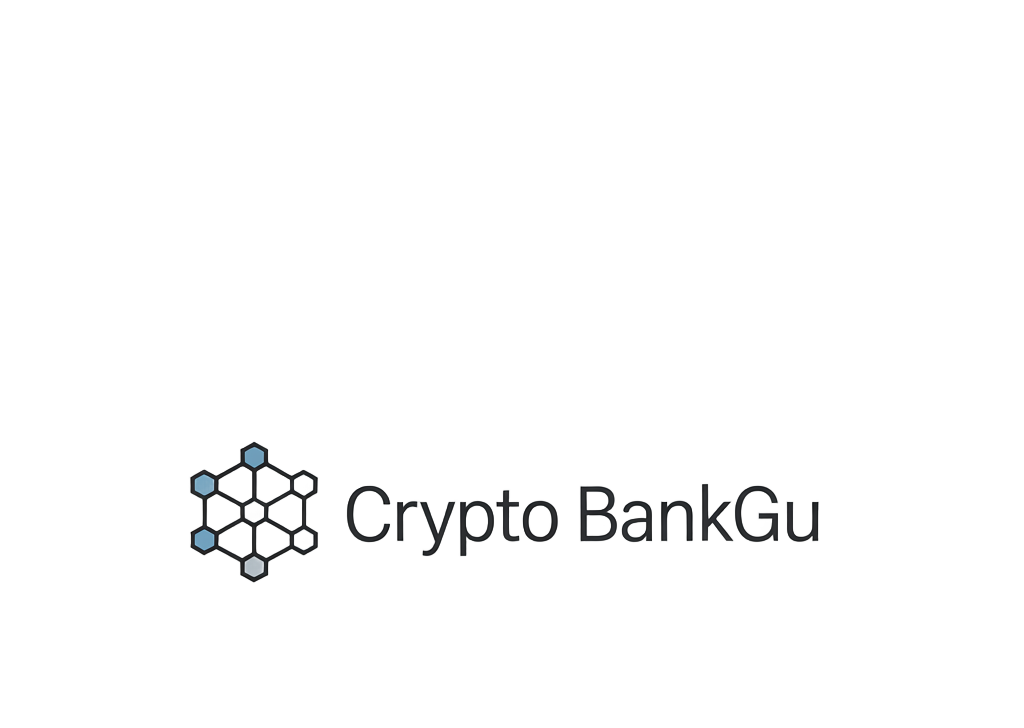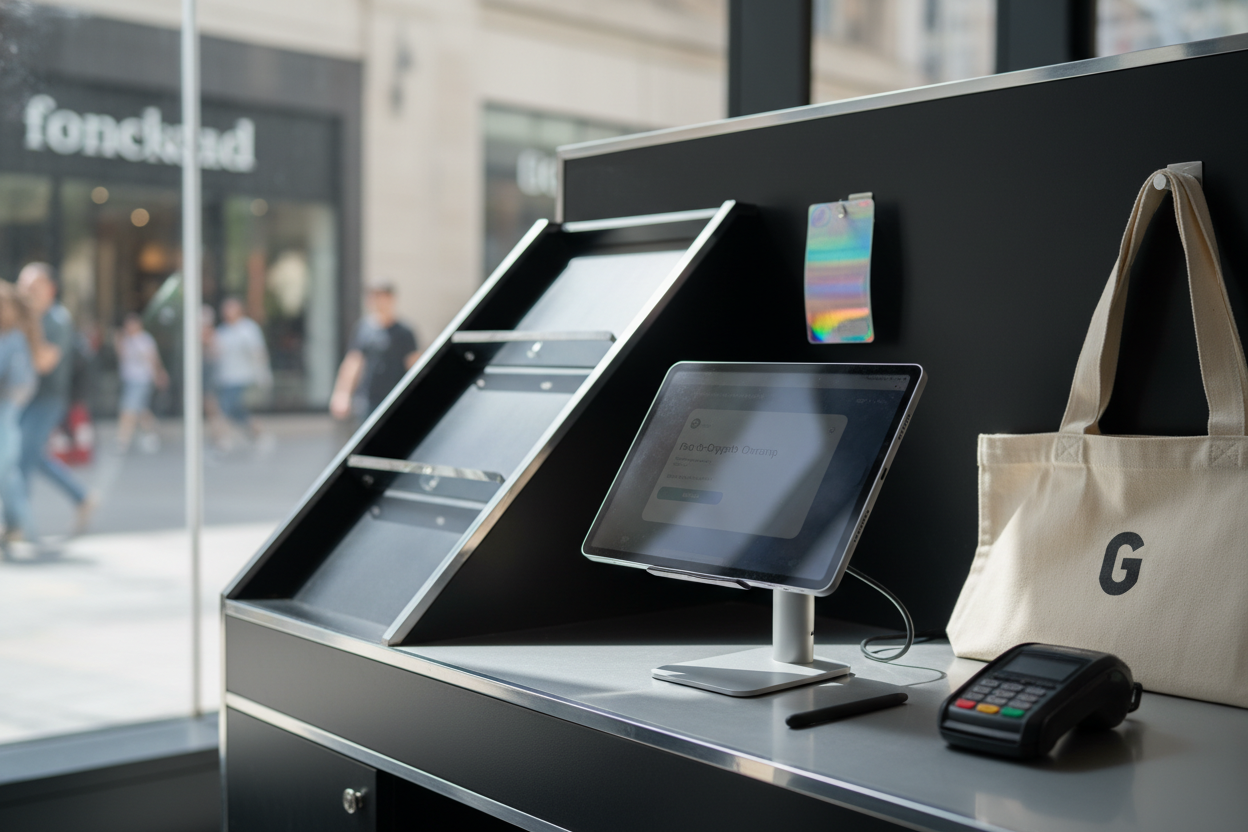
Opening a business account with a crypto bank in 2024 is a strategic move for companies operating in the digital asset sector, but the process is notably more rigorous than opening a standard business account. Regulatory scrutiny, evolving compliance standards, and the need to demonstrate operational legitimacy mean that every step must be executed with precision. Below, we break down the essential phases to help you navigate this landscape efficiently and maximize your chances of approval.

Identify and Compare Leading Crypto Banks for Business Accounts
The first step is to identify and compare top crypto-friendly banks that cater specifically to business accounts. Not all financial institutions are open to serving crypto companies due to perceived risks and regulatory obligations. In 2024, notable players include BankProv (USA), Bankera (Europe), Cashaa (UK/EEA), and Monetum (Europe). Each institution offers distinct features such as multi-currency IBANs, seamless fiat-to-crypto integration, and tailored compliance support for businesses.
When comparing banks, assess factors like:
- Supported jurisdictions and currencies
- Fee structures (transaction fees, monthly maintenance)
- Digital asset management tools
- Integration options with exchanges or payment processors
- User reviews and transparency of compliance procedures
Carefully matching your business needs with bank offerings will save time during the application phase. For a comprehensive list of requirements and an updated guide on this process, visit our detailed resource at How to Open a Business Account with a Crypto Bank: Step-by-Step Guide for 2024.
Review Eligibility Criteria and Regulatory Compliance Requirements
Before applying, review each bank’s eligibility criteria thoroughly. Most crypto banks will only onboard businesses that can demonstrate robust internal controls and clear ownership structures. Key requirements typically include:
- The nature of your business (e. g. , exchange, wallet provider, consultancy)
- Your operational jurisdictions, some banks restrict service based on country risk ratings
- Your company’s compliance framework (AML/KYC policies)
- The transparency of your ultimate beneficial owners (UBOs)
Banks also require proof that your company is not involved in prohibited activities such as unlicensed gambling or privacy coin mixing. Proactively addressing these points in your application packet will streamline the review process.
Gather Required Business Documentation (KYC/KYB, Incorporation, Ownership Structure)
The documentation phase is where most delays occur when opening a crypto bank business account. Prepare the following core documents ahead of time:
- KYC/KYB forms: Detailed information about directors, shareholders, UBOs
- Certificate of Incorporation and Business Registration Certificate: Verifies legal existence
- Articles of Association: Outlines governance structure and operational scope
- Proof of Address: For both company headquarters and key personnel
- Description of Business Activities: Including sources of funds and expected transaction volumes
- Duly signed AML/KYC policy documents:
Banks may request additional materials such as recent financial statements or contracts with counterparties depending on their risk assessment protocols. Ensuring all documents are current and accurately reflect your operations will reduce back-and-forth communication with compliance teams.
Complete the Online Application Process via the Crypto Bank’s Platform
Once your documentation is organized, proceed to complete the online application through your chosen crypto bank’s business portal. Most leading crypto banks offer streamlined digital onboarding, but expect granular questions about your business model, revenue sources, and anticipated transaction volumes. Take time to answer each prompt with clarity and consistency, discrepancies or vague responses can trigger additional scrutiny or outright rejection.
During this step, you’ll typically upload all supporting documents and may be asked to provide video verification or participate in a live compliance call. Some platforms allow you to save progress and return later, which is useful if you need to gather supplementary information.
Undergo Compliance Checks and Verification Procedures (AML/CFT Screening)
After submitting your application, the bank’s compliance team will initiate a rigorous AML (Anti-Money Laundering) and CFT (Countering the Financing of Terrorism) screening. This phase involves background checks on directors and shareholders, validation of company structure, and analysis of your business activities for any red flags.
Expect requests for additional information if any aspect of your application requires clarification. Timely responses are crucial, delays in communication can stall or jeopardize approval. Many banks also use third-party compliance tools for transaction monitoring and sanction screening at this stage.
Comparison of AML/KYC Checks at Leading Crypto Banks (2024)
| Crypto Bank | Jurisdiction | Business KYC/KYB Required | Ultimate Beneficial Owner (UBO) Checks | Source of Funds Verification | Ongoing AML Monitoring | Enhanced Due Diligence for High-Risk Clients |
|---|---|---|---|---|---|---|
| BankProv | USA | Yes | Yes | Yes | Yes | Yes |
| Bankera | Europe (EU/EEA) | Yes | Yes | Yes | Yes | Yes |
| Cashaa | UK & EEA | Yes | Yes | Yes | Yes | Yes |
| Monetum | Europe (EU/EEA) | Yes | Yes | Yes | Yes | Yes |
| Tap | Global | Yes | Yes | Yes | Yes | Case-by-case |
| Jetonbank | UK & Global | Yes | Yes | Yes | Yes | Yes |
Fund Your Account and Set Up Digital Asset Management Tools
Upon successful verification, you’ll receive confirmation of account approval along with onboarding instructions. The next step is to fund your account, which may involve transferring fiat currency or digital assets depending on the bank’s supported channels. Some institutions offer instant funding with stablecoins or direct crypto deposits.
Take advantage of integrated digital asset management tools, such as multi-currency wallets, automated reconciliation dashboards, or secure cold storage solutions. Proper configuration at this stage ensures operational efficiency and reduces security risks as you begin managing business funds.
Key Considerations for Ongoing Compliance
Account approval is just the beginning. Crypto banks require ongoing compliance reporting, periodic KYC updates, transaction monitoring disclosures, and proof of regulatory adherence are standard expectations. Failure to maintain transparent operations can result in frozen accounts or termination of banking relationships.
If you encounter challenges with traditional banks or face prolonged delays during onboarding, consider specialized fintech providers that cater specifically to digital asset businesses. These platforms often offer faster approvals while maintaining robust compliance protocols.
What is the biggest challenge you faced (or expect to face) when opening a crypto bank business account?
Opening a business account with a crypto-friendly bank in 2024 involves several key steps, from researching banks to passing compliance checks. Which step do you find most challenging?
The Bottom Line: Diligence Pays Off
Navigating the process to open a crypto bank business account in 2024 demands attention to detail at every step, from researching suitable banks and preparing exhaustive documentation to passing thorough AML/KYC checks. By approaching each phase methodically and maintaining proactive communication with compliance teams, businesses can position themselves for successful onboarding into the rapidly evolving world of crypto banking for companies.







